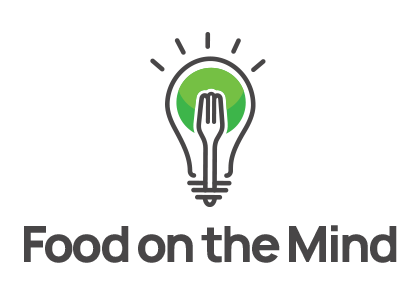Acceptance to work towards change
I’m angry. I hope you are too. None of this is new but at a time when the globe is nursing a collective trauma, the video evidence of what systemic is has become more evident than ever. I’ve never shied away from conversations on race because I learned about it from a young age.
Growing up I had a best friend, Al Washington. His Dad, Big Al was my Dad’s good friend and the family pretty much adopted me. I did everything with them. From going to football games to being in the locker room after Detroit Piston’s games and meeting all the Bad Boys in person, to trips to downtown Detroit to my first hip hop concert all the way to seeing Michael Jackson Bad Tour. They treated me like family.
When we went places I was often the only white face, or at least one of very few. It felt weird to be a minority in social situations when most of my life everyone looked like me. But it never felt unnatural. I was always accepted.
Little Al and his younger brother Brian were some of the smartest kids in school. They were popular and funny and genuinely nice. I always wondered why they worked so hard even when they could’ve done half as much and still gotten straight As. But what their father taught them was that they had to work twice as hard to get half the recognition.
Big Al had grown up in the Deep South. Or maybe he attended school there. I don’t remember any more. But he had seen the worst of racism. He had seen the depths of human depravity. He knew that no matter the optics, racism existed.
Big Al taught me a lot. He taught me about kindness and happiness and what the value of hard work was. As our youth basketball coach he made us work on things we were bad at. Unfortunately he couldn’t coach me to get taller. Being the son of a 6’2” ex-college basketball player you would think I had a shot. Guess having a 5’2” mother killed that.
You would think that those experiences would have given me a bulletproof shield against the influence of racist minds. That I would never use words in anger or allow for others to use them in my presence. But no, I used slurs and said hateful things when I felt hurt or marginalized. When I felt less than. For I didn’t see that no matter how I felt at being called white boy or cracker, whether in jest or anger, it didn’t equal the years of oppression that being black carried. I could wash off insults and go back to my privileged life. Being black doesn’t stop, not with a million dollars or even the Presidency.
Little Al and his brother Brian are both enormously successful. Their work ethic, intellect, talent, and social grace has served them well. But I think of them often and how, no matter their level of success, they are at risk of “being in the wrong place at the wrong time”. With the ire of an officer who might have never grown from that place of anger that I once found myself in.
I’ve worked hard to never be that angry teenage boy who stooped to using words of hate in order to mask my own pain. I’ve worked hard to get past the traumatic experiences of my own youth to see how I can help others. But even if I don’t consider myself a racist, I am a part of a racist society. One that gives me an advantage just due to the color of my skin. I might not like it, I might not feel good about it. But that’s acceptance. That’s where change begins. So I choose to accept my role in perpetuating this power divide and I also choose to work for change.

